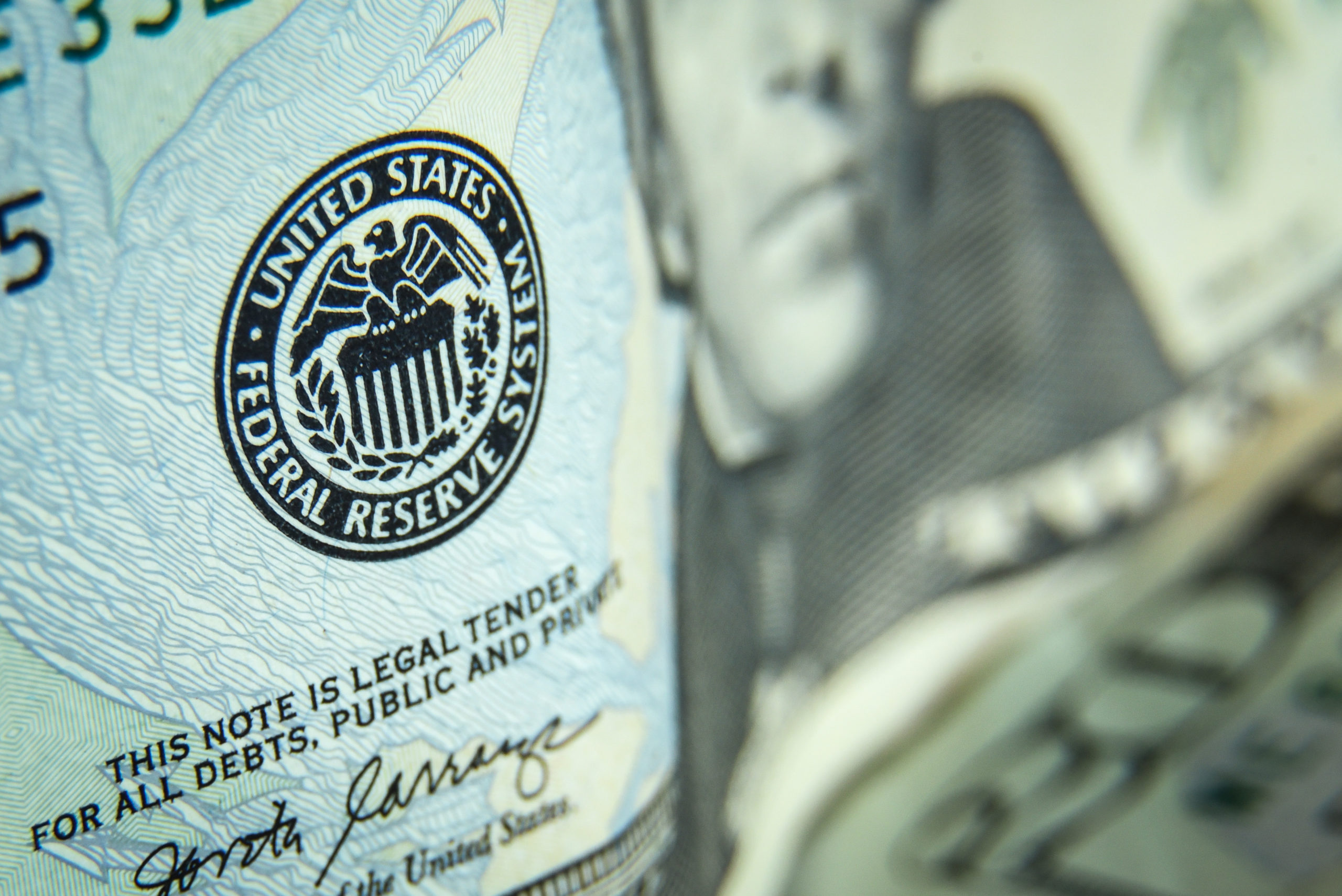Blowout US jobs report buoys dollar
( 2 min read )
- Go back to blog home
- Latest
Going into the key Friday payrolls report last week, currencies traded with typical summer torpor, as many decision makers in trading floors are on vacation and critical news was scarce.
All changed on Friday afternoon after a stellar jobs report out of the US provided evidence that the US economic recovery is solidly on track. Yields on US Treasuries rose sharply and investors flocked to the US dollar in response. The greenback was the week’s clear winner, ending up against every G10 currency save the New Zealand dollar, which rose on expectations that rate hikes from the RBNZ are imminent.

All eyes are now on the US inflation report on Wednesday. We expect yet another blowout report, with monthly inflation growing in excess of a 5% annualised rate in both the headline and core indices. The big unknown is how the US dollar will react to the news and how they will price the reaction of the Federal Reserve, which has so far been quite relaxed about inflationary pressures.
GBP
Sterling performed quite well last week, finishing only slightly behind the US dollar among major currencies. The reason was the decided hawkish turn in Bank of England communications and forecasts at its August meeting last Thursday. Inflation forecasts were raised, rhetoric shifted to “modest tightening” and markets are now pricing in a hike in the first half of 2022, considerably ahead of the Fed.
This week there is little news on tap, and we expect the pound to continue trading quite well on the back of prospects for an early policy tightening in the UK. Thursday’s second quarter GDP data is a backward looking indicator and we don’t think it will have too much impact on sterling unless there is a significant deviation from consensus.
EUR
The summer lull in either macroeconomic data or policy news out of the Eurozone is leaving the euro to trade off events elsewhere for the most part. The PMIs of business activity are, however, trending upwards and in the opposite direction to that in the US, which bodes well for a possible rebound in EUR/USD.
We do not expect this week to be much different in this regard, with nothing beyond the ZEW survey of investor expectations. We have brought down our expectations for euro appreciation in the short term, as inflationary pressures in the Eurozone are, for now, lagging those elsewhere and the ECB is in no hurry to start taking a more hawkish tack.
USD
The payrolls report in the US provided a pleasantly positive surprise. Nearly 1 million jobs were created, and the unemployment rate fell much more than expected. Nominal wages are also increasing nicely, and the combination of more jobs and higher wages will provide a key offset to the expiration of additional jobless benefits approved during the pandemic.
A strong inflation report this Wednesday should provide further evidence that the US economy is booming and that monetary and fiscal stimulus should start winding down earlier than expected. However, political constraints to doing so means that inflation is likely to remain higher for longer than the Fed expects, and its reaction to this will be key for currency markets.
🎧 Don’t forget to listen to our latest FX Talk podcast episode: “Emerging market currencies wobble as Delta spreads”

